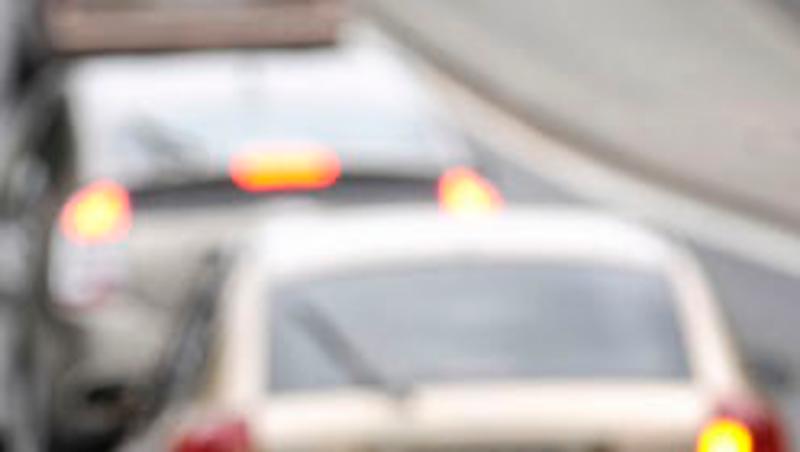
Young Canberra drivers are being urged to take part in a new study that will track their driving performance, map their travel and monitor their sleep and stress over seven days to identify the impacts sleepiness has on safe driving.
Lead researcher Kalina Rossa, from QUT's Centre for Accident Research & Road Safety - Queensland (CARRS-Q) in collaboration with the NRMA-ACT Trust and University of Canberra, is calling for 100 drivers aged 18-25 to take part in the Canberra-based study.
Ms Rossa is in Canberra this month recruiting participants and installing devices in vehicles.
"Sleepiness is one of the big killers on our roads and in Australia it is estimated that at least 20 per cent of fatal road crashes occur as a result of being too tired," Ms Rossa said.
"We know that young adults appear to be very sensitive to the effects of sleep deprivation, and that even brief periods of restricted sleep can have a significant impact on the emotions and risk-taking propensity of young adults.
"This study aims to better understand how sleepiness affects driving behaviour and other risk taking behaviours, and whether there is also a link with stress and emotions."
Ms Rossa said the study would use technology to monitor the stress and performance of young drivers through the use of personal heart rate monitors, accelerometers fitted to their vehicles, and GPS units mapping their travel distance and times.
"The accelerometer measures on-road performance by recording acceleration and deceleration which indicates incidents such as hard braking, turning and lane weaving," she said.
"We will match this hard data with driving times and duration recorded from a GPS, as well as self-reported sleepiness, stress and other factors such as the use of illicit, prescription and over-the-counter drugs."
Ms Rossa said that when compared to older drivers, young drivers were over-represented in sleepiness-related crashes and were more likely to drive while tired.
"What is yet to be understood is the exact nature and extent of sleep disturbance on driving in young adults and specifically whether stress and emotions play a role," Ms Rossa said.
"We know that stress has a strong association with sleep. What we want to find out is whether sleepiness and stress are factors in risky driving, and if we can do that we can start looking at developing effective interventions to reduce crashes."
The Sleepiness and Other Driving Risks in Young Adults study is being funded by a grant from the NRMA - ACT Road Safety Trust. To take part in the study, email sleepydriveruc@gmail.com or visit www.carrsq.qut.edu.au/sleepydriver for more information.
RELATED STORIES
New study: Is ACT Road Ready making young drivers safer?
Smart car cyberattack warning: QUT research finds flaws in security systems
Don't smile for the camera when sleepy: CARRS-Q study
Media contact:
Sandra Hutchinson, QUT Media (Tue, Wed), 07 3138 9449 or media@qut.edu.au
After hours, Rose Trapnell, 0407 585 901


